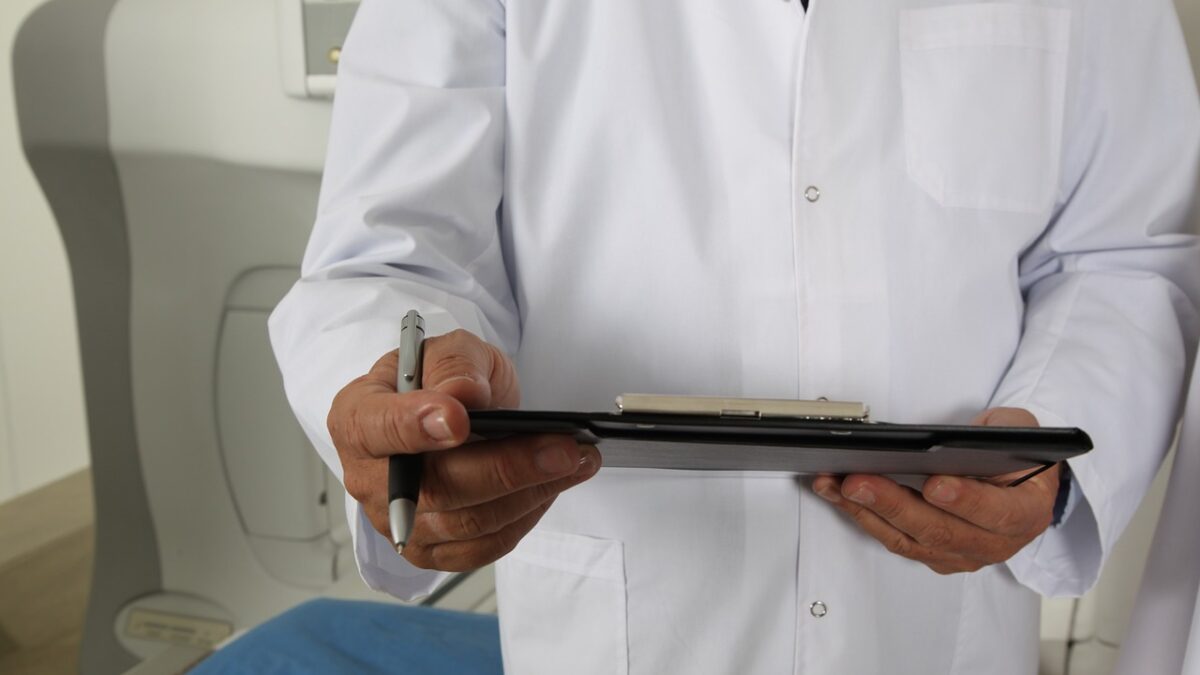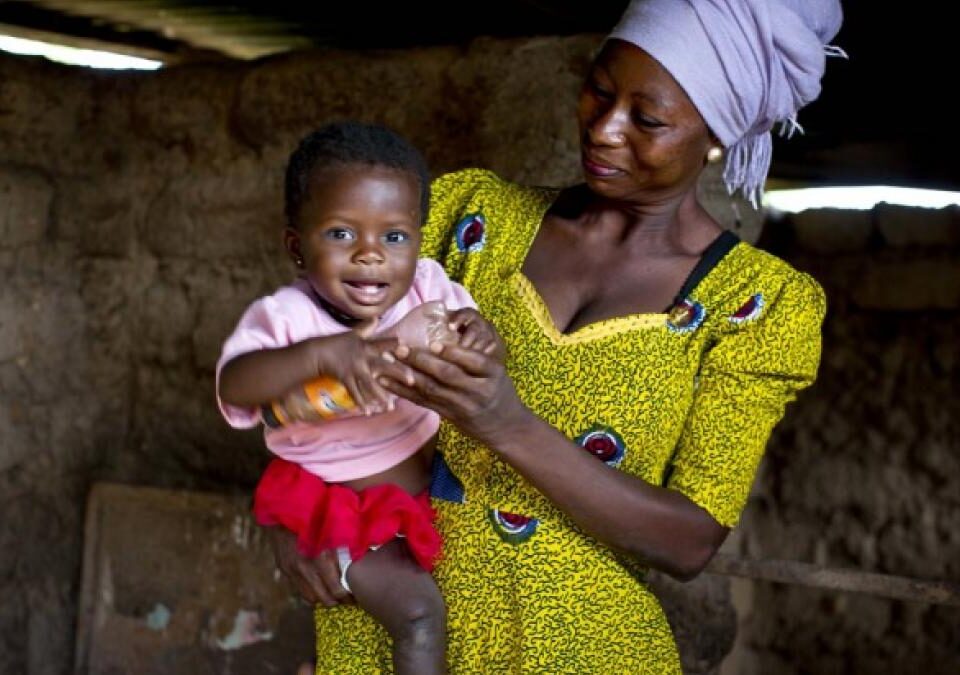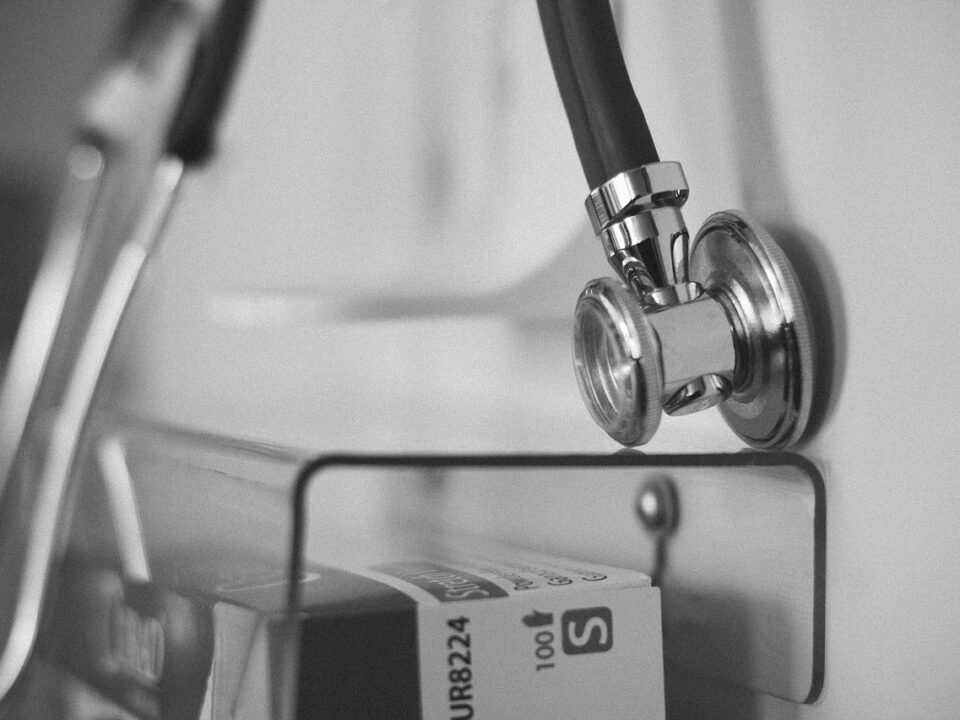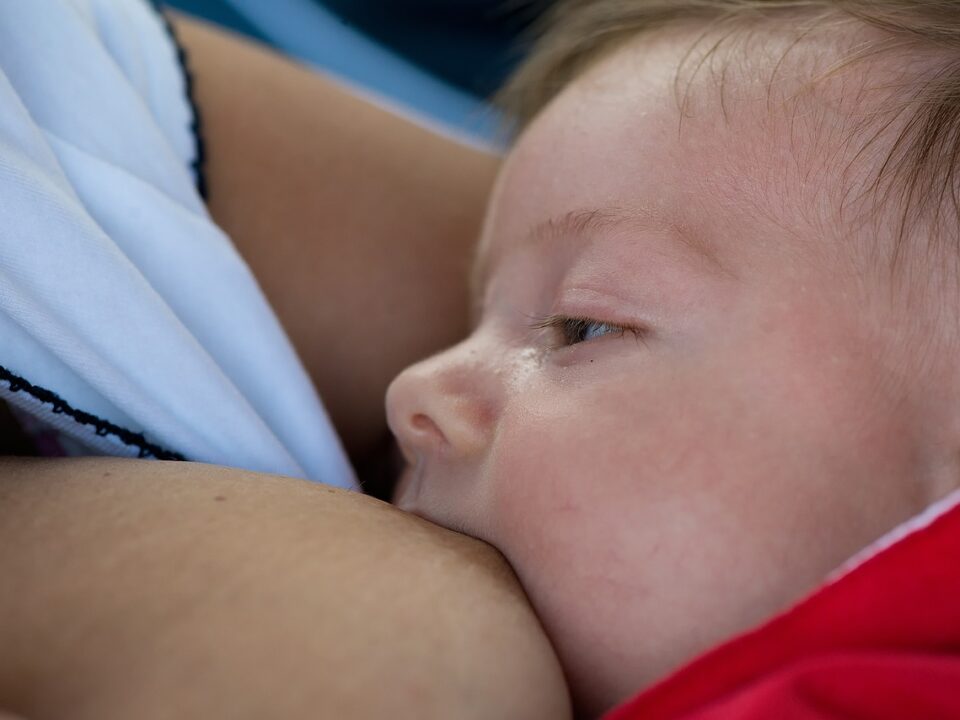Networks of Practice Evidence Translation

TeCLA – 6 months Pilot Project
June 14, 2023
MOMENTUM Country and Global Leadership (MCGL)
June 15, 2023The Ghana Universal Health Coverage Roadmap aims to ensure equal access to high-quality healthcare for all citizens. To achieve this goal, the project focuses on establishing interconnected networks of healthcare professionals. These networks comprise both public and private hospitals and operate at the local level while maintaining connections with larger district hospitals.
The concept of Networks of Practice was introduced through a pilot program conducted between 2017 and 2019 in two districts of Ghana's Volta Region, with technical support from USAID Systems for Health.
This initiative involved ten networks comprising a total of 42 locations. Findings from the pilot project indicate that implementing Networks of Practice in Ghana has the potential to enhance the effectiveness and quality of primary healthcare.
Networked facilities in the Volta Region demonstrated improved information sharing, reliable patient referrals, effective communication, collaborative problem-solving, and the establishment of a supportive environment for doctors.
The World Bank is collaborating with the Government of Ghana to finance the nationwide scale-up of the Networks of Practice program from 2023 to 2026. The Ghana Health Service, with support from the World Bank and other partners, will incorporate various formative, implementation, and evaluative analytics into the program.
These analytics will inform the program's design and scale-up, monitor impljavascript:void(0);ementation progress, and evaluate its impact. An important component of this analytical portfolio is an implementation research (IR) program, which will be integrated into the national scale-up of the Networks of Practice program to gather insights, iterate, adapt, and enhance the model as it expands.
The Ubora Institute's role is to provide support to the Government of Ghana in translating evidence for the implementation of the National Networks of Practice Program from March 2023 to March 2026.
The key objectives of this policy translation activity include:
1. Collaborating with the NoP IR data collection partner to curate the data collected through the IR program and present it at national and regional forums of the Ghana Health Service (GHS).
2. Assisting the GHS at the regional and national levels, utilizing established administrative and accountability structures, to translate emerging results from the IR program and related analytical work into lessons for adapting and improving the networks model during the program's scale-up.
3. Tracking changes in the implementation of the NoP program across different regions.
1. Collaborating with the NoP IR data collection partner to curate the data collected through the IR program and present it at national and regional forums of the Ghana Health Service (GHS).
2. Assisting the GHS at the regional and national levels, utilizing established administrative and accountability structures, to translate emerging results from the IR program and related analytical work into lessons for adapting and improving the networks model during the program's scale-up.
3. Tracking changes in the implementation of the NoP program across different regions.




